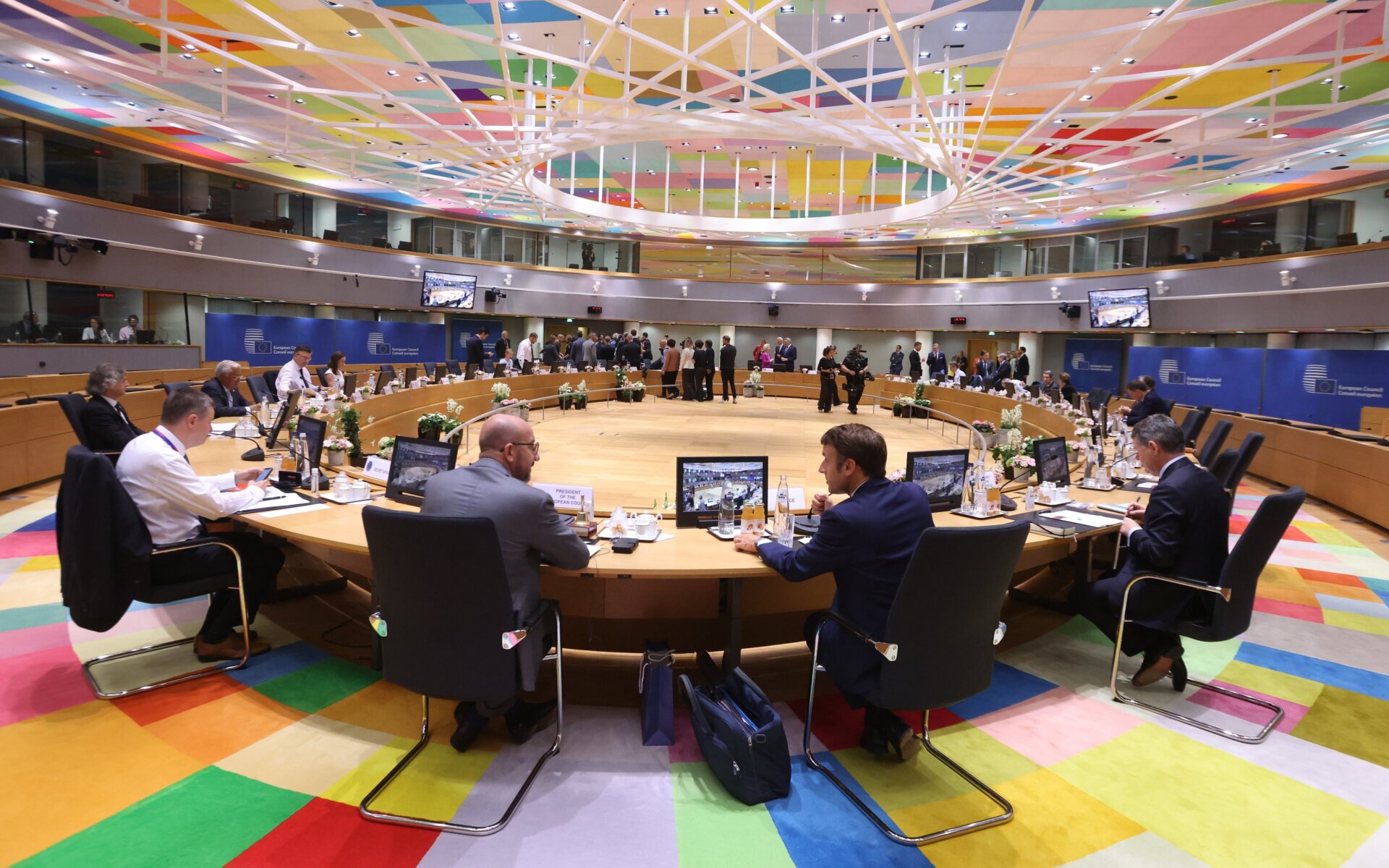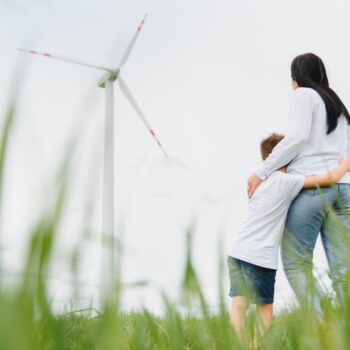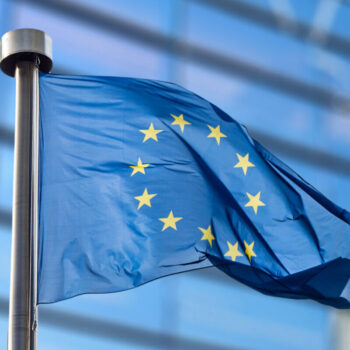European Council (EUCO) leaders will gather again on 20-21 October 2022 to discuss the Ukraine, energy, and economic issues. EU energy ministers might also follow up during the last Council meeting on 25 October 2022. These meetings can be critical turning points in the energy crisis management and provide clarity on unsolved issues ahead of a difficult winter. Are leaders using the European Green Deal as their north star? Will they suggest structural changes next to quick fixes? Are they learning from past lessons?
The context
Management of the energy price crisis is the top priority of EU leaders that will meet at the next EUCO. The escalation of the war in Ukraine, the worsening of the economic situation, the cost of living and the surplus revenues’ redistribution are all contributing to accelerating the ticking clock. Social unrest and the rise of populism across Europe raise pressure on policymakers to effectively implement what is on the table while improving what is still unsatisfactory to manage the geopolitical, energy and economic crises.
Where do we stand? After only two weeks from the Commission’s proposals, energy ministers have quickly agreed on emergency measures to reduce energy prices. However, they have also introduced some flexibilities, like voluntary targets, and complained about missing pieces of the puzzle, such as a gas price cap proposal released with a month of delay. Beyond the short-term emergency measures, political support to increase efforts on renewable and energy efficiency targets confirms the climate commitment as part of the response package to the crises.
However, the plethora of meetings and proposals in the past two weeks have still not managed to define comprehensive guidance to face the crises. By prioritising political consensus over effective measures, the Commission seems to stall on proposing systematic changes in fiscal rules, solidarity measures, and the energy system. Unity among Member States is dangerously under pressure, with unilateral national decisions being announced without an EU framework to keep them together. This fragmentation of political initiatives could undermine the credibility of the EU’s response, both domestically and internationally.
Things to look out for in October’s EUCO
Here is how the EUCO this week and the Energy Council on 25 October can become a turning point to provide a clear political mandate to unanswered questions on the energy crisis management.
Sticking to the European Green Deal as the north star
- Restoring the consistency of political choices with climate neutrality as a guiding principle for policy decisions. Short-term urgency and relief measures should not undermine the EU’s capacity (and credibility) to meet its climate goals.
- Avoiding stranded assets and prioritising clean solutions and investments, as many businesses are already doing since the beginning of the conflict. A record increase in renewable energy since February has already allowed the EU to save an additional €11 billion in gas imports.
- Integrating RePowerEU into ‘Fit for 55’ before closing negotiations. Supporting fast deployment of renewables, energy efficiency and electrification while removing barriers to permitting procedures and facilitating power purchase agreements.
Considering structural changes next to quick fixes
- A gas price cap alone will not help with avoiding gas shortages in the future. On the contrary, supporting binding energy demand reduction and the roll-out of renewables will decrease the EU’s dependencies in the short and long term. This would allow for saving €12 billion from every 1% of energy use reduced, which could be reinvested to support vulnerable households across Europe.
- Opting for a coordinated demand reduction among Member States to enable better protection of EU households, delivering concrete solidarity across Member States and getting on track with the expected gas demand reduction pathway.
- Moving from a reactive to an initiative-taking approach to defining what a wartime approach entails for energy, climate and social concerns.
Learning from past lessons
- Moving beyond strict barriers of EU vs. national competencies to allow for a robust EU framework that enables sharing policy actions. This includes joint EU funding, and monitoring collective progress in the next months and future winters too.
- Seizing the moment on fiscal rules reform to bring fiscal, social and climate agenda closer together. EU’s fiscal rules should prioritise measures to enable a just transition, strengthening European resilience in the face of future crises and helping tackle poverty and inequality in the long term.


